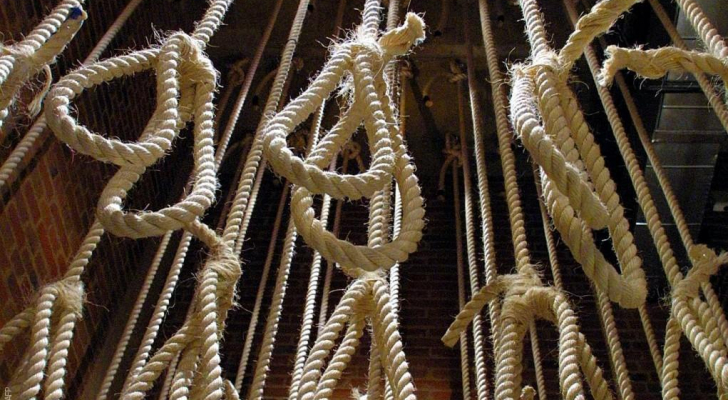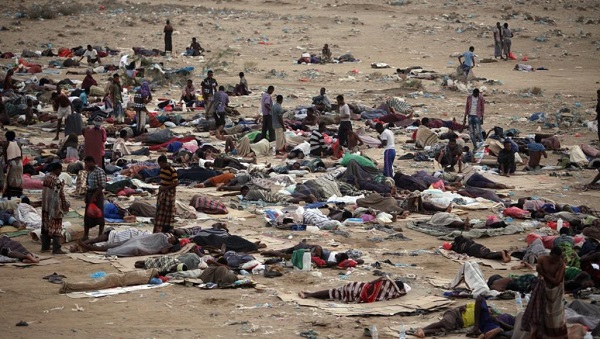The latest reports of 2024 outlined an alarming trend in soaring death penalties in Saudi Arabia. The European Saudi Organisation for Human Rights (ESOHR) affirms that at least 172 executions were pursued in 2023. Over this number, the European Centre for Democracy and Human Rights (ECDHR) highlights persistent discrimination in applying the penalty. According to[…]
On the 31st of October, FIFA announced that Saudi Arabia had become the sole bidder of the 2034 World Cup. The decision certainly does not come as a surprise. FIFA has regularly been criticized for bribery scandals and its nonchalance in sponsoring World Cups in states with poor human rights standards (Russia, China, Qatar). Nonetheless,[…]
On the 21st of August, 2023, Human Rights Watch (HRW) published a report on the mass killings of Ethiopians at the Yemen-Saudi border. The research indicates that the indiscriminate use of force by Saudi authorities started in March 2022 and is still ongoing. This crisis is of the utmost importance as, according to the International[…]
On 22 November 2022, Mohammed al-Qahtani had to be released after the ten years of questionable sentence he received. However, since October 2022, Saudi Arabian authorities have refused to give information about him despite the expiration of his sentence. The refusal of Saudi authorities to release him makes this a case of enforced disappearance for[…]
Abdulla Mohamed AlDurazi, an 18-year-old Saudi citizen from the Qatif region in the Eastern Province of Saudi Arabia, was arrested without an arrest warrant while walking alone on 27 August 2014. His detention has been marred by multiple human rights violations, including torture, enforced disappearance, solitary confinement, and an unfair trial. He was sentenced to[…]









